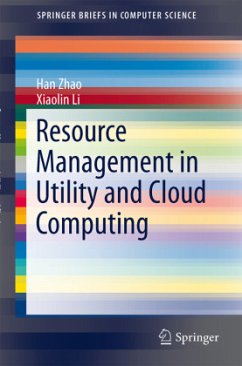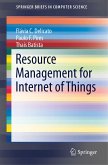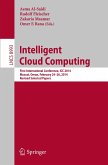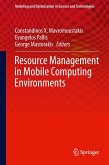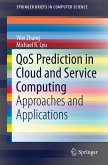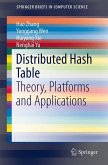This SpringerBrief reviews the existing market-oriented strategies for economically managing resource allocation in distributed systems. It describes three new schemes that address cost-efficiency, user incentives, and allocation fairness with regard to different scheduling contexts. The first scheme, taking the Amazon EC2(TM) market as a case of study, investigates the optimal resource rental planning models based on linear integer programming and stochastic optimization techniques. This model is useful to explore the interaction between the cloud infrastructure provider and the cloud resource customers. The second scheme targets a free-trade resource market, studying the interactions amongst multiple rational resource traders. Leveraging an optimization framework from AI, this scheme examines the spontaneous exchange of resources among multiple resource owners. Finally, the third scheme describes an experimental market-oriented resource sharing platform inspired by eBay's transaction model. The study presented in this book sheds light on economic models and their implication to the utility-oriented scheduling problems.
Bitte wählen Sie Ihr Anliegen aus.
Rechnungen
Retourenschein anfordern
Bestellstatus
Storno

